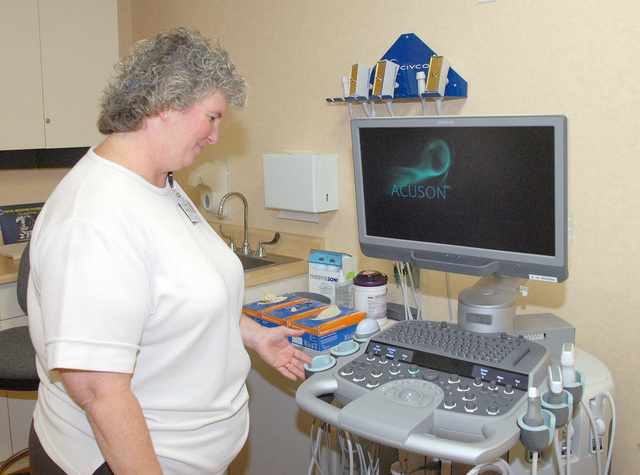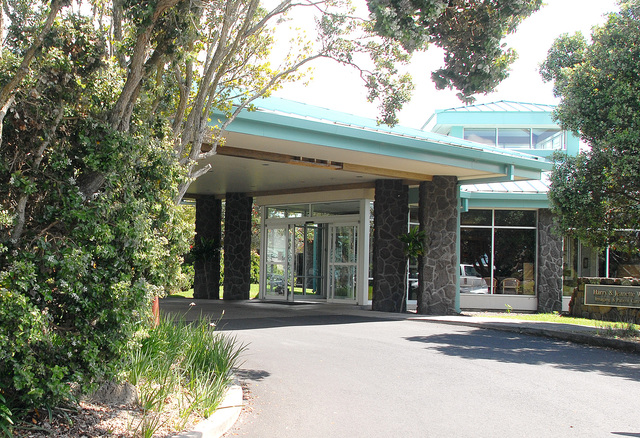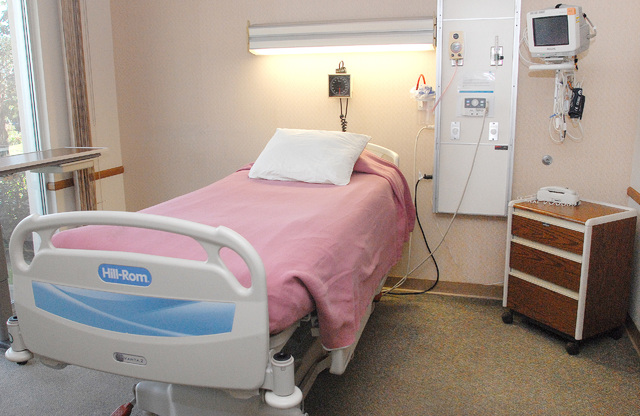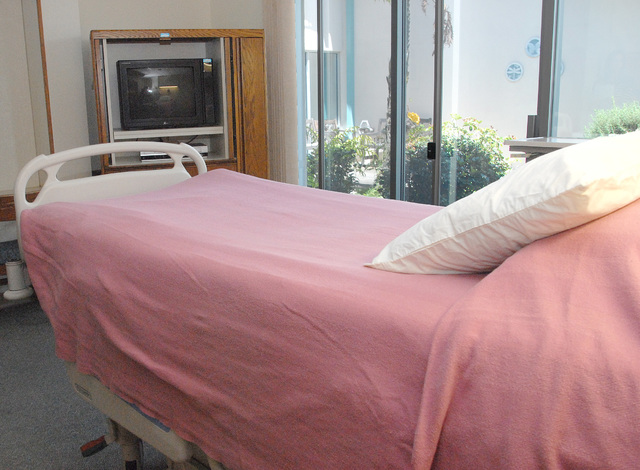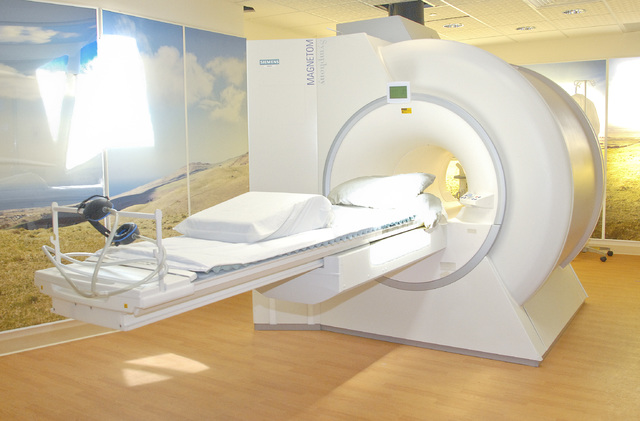Just over a year after North Hawaii Community Hospital merged with The Queen’s Health Systems, the Waimea facility is adding new equipment, rebuilding a management team and laying groundwork for stabilizing its workforce. Efforts to recruit badly needed doctors are
Just over a year after North Hawaii Community Hospital merged with The Queen’s Health Systems, the Waimea facility is adding new equipment, rebuilding a management team and laying groundwork for stabilizing its workforce. Efforts to recruit badly needed doctors are also moving ahead, although more slowly than many would like, the hospital’s president Ken Graham told West Hawaii Today in an interview.
Ten of the 13-member management team are new hires, and the remainder have been recently promoted from within the hospital, Graham said. New positions of chief medical officer and director of ambulance services have been created. Additionally, Graham said he hopes to extend an offer within a week for a director of nurses position.
The efforts are designed to bring stability and financial viability to an institution that hemorhaged an average of $4 million annually and suffered high turnover.
“We’re trying to get past the turnover, bring permanence and work to provide the services everyone cares about,” Graham said.
Upgrading facilities has been integral to the transition plan under the Queen’s system. The hospital recently added three new ultrasound machines that offer sharper 3-D imaging. A new computer building being shipped from the mainland will be placed near the hospital helipad and allow computers across the facility to interface with Queen’s. A new medical records system to be completed in June 2016 will also enable a streamlined exchange of files with Oahu, Graham said. Patients will be able to access their records via cellphones, and the paper charts that currently go off island with transported patients will be a thing of the past, said Krista Anderson, the hospital’s director of communications.
Last September, the hospital had openings for 13 doctors of cardiology, surgery, oncology, obstetrics and other disciplines. Since then, the recruitment of doctors, most of whom must be sought on the mainland and relocated here, has been less than swift, administrators acknowledge.
“Hiring is never as fast as you want. It’s a process,”Graham said.
Physician shortages still exist in many areas, and a network of part-time obstetrics doctors help keep that program going until permanent physicians are brought on. The hospital currently has offers out to two OB doctors.
Subject to funding and approval, the hospital also plans to refurbish 31 surgical bedrooms this year, bringing furnishings from 1996 up to date, especially in areas of sanitation, electronics and sinks. The beds have already been replaced, Graham said.
Approved for 49 beds, the hospital currently has only 35 beds but plans to boost that number by seven. Approvals for those additions are likely within a month, Graham said.
Long range, NHCH plans to make over several thousand square feet of existing space into a decision support center for the emergency room and operating room. As part of a longer range facilities plan, the hospital is in discussions about how to best create a new emergency room and how to replace the aging Lucy Building.
By increasing offerings in cancer, heart and urology treatment, hospital administrators feel they will be in a better position to retain patients that would otherwise have to go off island to be cared for.
Some 300 hospital employees have also attended retreats on effective communication, transparency, performance and accountability. While some employees are weary of change, there is a general recognition of the value of the stability Queen’s offers, Graham said.
“Largely, we’re trying to get over the past and move into the future together,” Graham said.
“The Queen’s organization plans to be here a long time,” he said. “This is a big change for Queen’s. This isn’t ‘get yourself to Queen’s’ anymore. Queen’s is getting out into the neighborhoods.”


